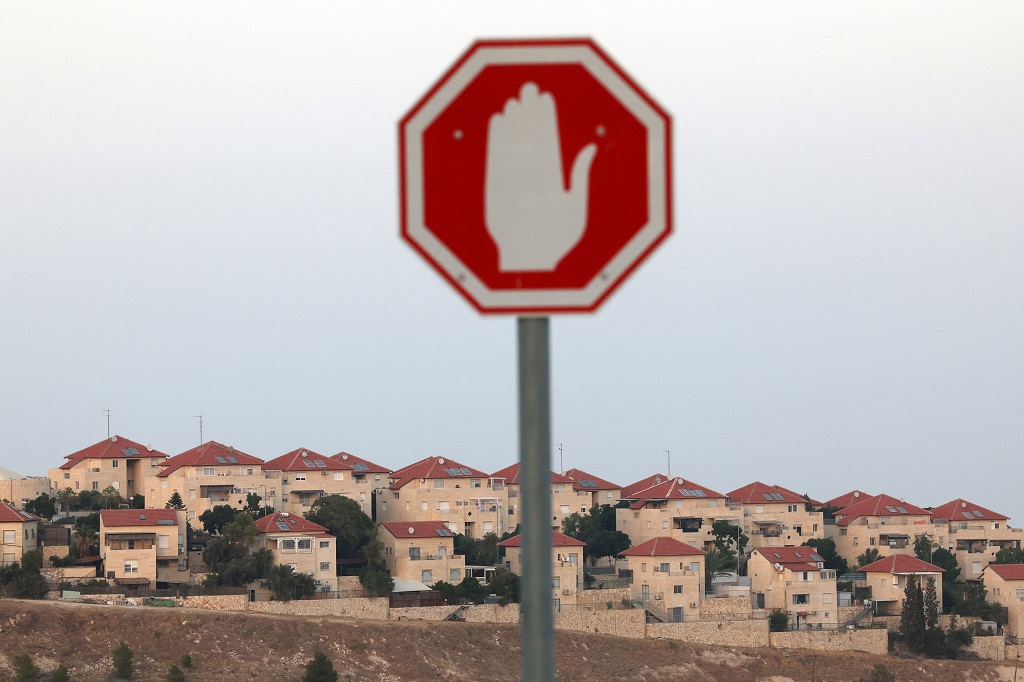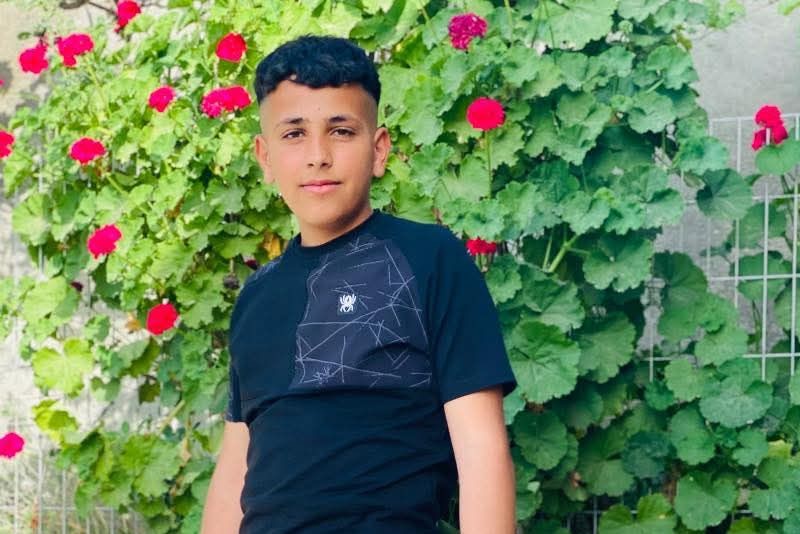JERUSALEM, July 1, 2015 (WAFA)
– Israeli authorities on Wednesday closed with metal bars the house of the
family of Udai Abu Jamal, an East Jerusalemite who along with his cousin,
Ghassan, attacked a synagogue in West Jerusalem on November 18 2014 and killed
five Israelis, including a police officer.
WAFA correspondent said a large
Israeli police contingent broke into al-Mukabir neighborhood in Jerusalem
before dawn, where Abu Jamal’s house is located, and forced his family out of
the house, before sealing off the doors with metal bars.
Even though the two men behind
the attack were shot dead on the scene, Israeli police mounted the rooftop of
Abu Jamal’s house and threw the family’s clothes and other belongings and
furniture from the windows, our correspondent added.
Last November, Israeli Prime
Minister Benjamin Netanyahu ordered the destruction of the homes of Ghassan and
Udai Abu Jamal in a clear act of retaliation, which is a form of collective
punishment against innocent people.
Father of Ghassan Abu Jamal,
Mohammad reportedly told the Wall Street Journal, “If I had known, I would have
prevented him.”
The double standards behind the
policy of home demolitions are hard to ignore. In the case of the heinous murder
of Mohammad
Abu Khudeir, a 17-year-old who was killed at dawn after being kidnapped,
tortured, and burned alive by illegal Israeli settlers in Shuafat town south of
Jerusalem, the families of the three Israeli assailants were not targeted or
harmed for being related to those involved.
The Israeli daily Haaretz reported
in July 2014 that three of the six who were suspected of involvement in the
kidnapping and murder of Abu Khdeir will be released from custody, after a rule
made by the Petah Tikva Magistrate’s Court.
Israeli police and intelligence
believed that the murder was committed by three main suspects; a 30-year-old
man from a community near Jerusalem and two minors from Jerusalem.
While Israeli attackers are
granted constitutional and legal rights, Palestinians who are suspected with
involvement in attacks against Israelis are shot on the scene and the homes of
their families are bombed and demolished, such as the case of AbdelRahman
al-Shaloudi, who was suspected of ramming his car into pedestrians in
Jerusalem.
Punitive demolition was a
tactic frequently employed by Israel before Army Minister Shaul Mofaz decided to
suspend it in 2005, after concluding it was not an effective method.
Since then the policy has been
used occasionally - three times in East Jerusalem in 2009, and three times in the
summer of 2014 in response to the killing of an Israeli policeman and the kidnapping
and murder of three Israeli settlers.
Israel claims that the house
demolition policy is effective; based on the assumption that harming the
relatives of Palestinians who perpetrated, or are suspected of involvement in
attacks against Israeli citizens and soldiers, Israel believes it would deter
others from carrying out such attacks.
“Since this constitutes
deliberate harm to innocents, it is clear that even if house demolition had the
desired deterrent effect, it would, nevertheless, remain unlawful,” B’Tselem,
an Israeli human rights group, says.
According to the Israeli
Committee against House Demolition (ICAHD), “the policy of house demolitions
has two goals: first, to make life so miserable for the Palestinians that they
leave the country… Second, to drive Palestinians off their land in Area C and
into Areas A and B.”
Human Rights Watch (HRW)
slammed Israel's policy of demolishing the homes of suspected Palestinians and
described it as a form of 'collective punishment' and a 'war
crime'. It further called for its immediate end.
M.N/M.H











